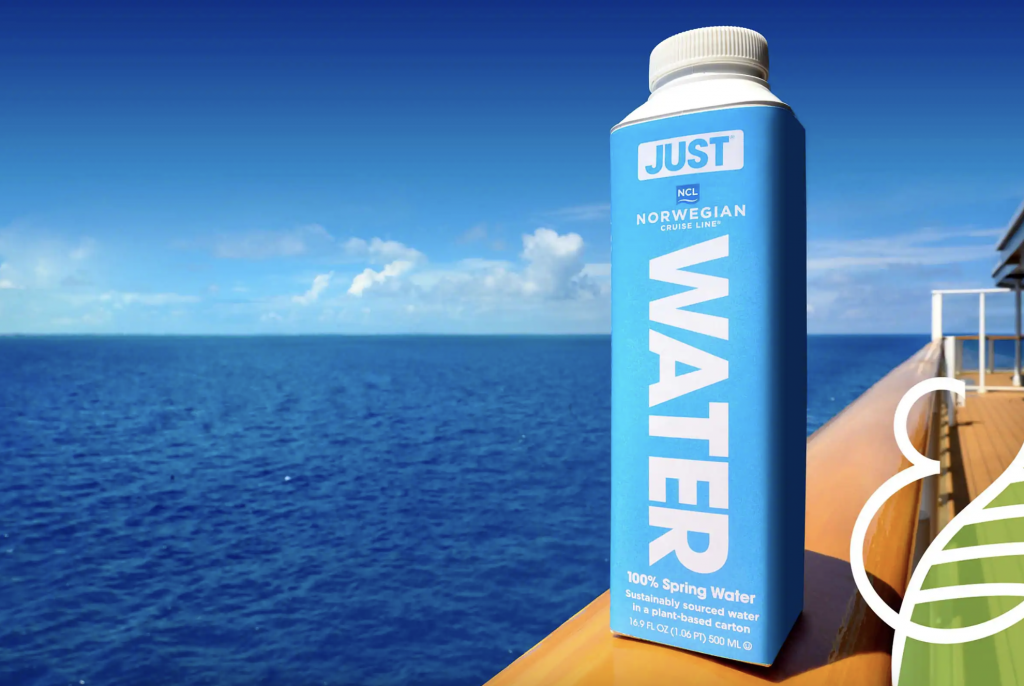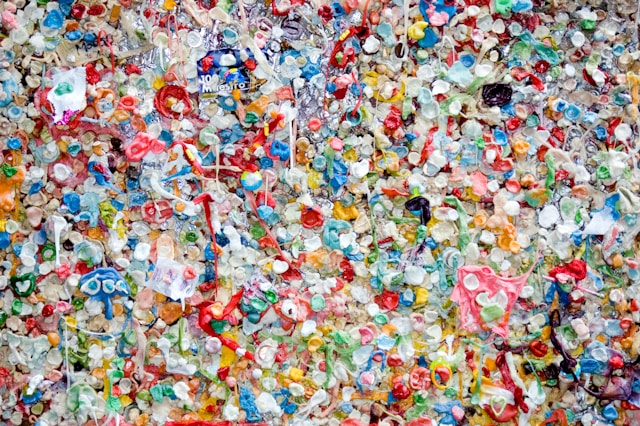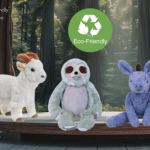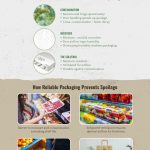The conversation around environmental sustainability has been ramping up significantly in recent years, and a fair chunk of it is focused on the need to reduce plastic pollution; the ubiquity of plastic, its non-biodegradable nature, and its devastating impact on wildlife and ecosystems have prompted both individuals and organizations to seek greener alternatives – just a mere side glance at the stats is enough to turn you green.
The Plastics Problem
Whether we face it or whether we bury our heads in the (plastic-contaminated) sand, plastic pollution presents a grave environmental challenge. Globally, we now produce more than 300 million tons of plastic each year – a significant portion of which ends up in our oceans, rivers, and other natural habitats. According to the National Academies Organization, an estimated 8 million tons of plastic are dumped into the oceans annually, not only harming marine life but also affecting human health through the complex food chain. Alarmingly, a report by the World Economic Forum warns that, by 2050, there could be more plastic than fish in the oceans by weight.
Alternatives to Plastic
As our global community grapples with the dire environmental impacts of plastic pollution, a diverse array of hopeful alternatives is emerging; these innovative solutions are designed not only to reduce plastic waste but to also foster a more sustainable relationship with our environment. Let’s take a look at some of these sustainable innovations:
Biodegradable Plastics
Biodegradable plastics are made from natural materials, such as corn starch, sugarcane, or potato starch. Unlike conventional plastics, these alternatives decompose much more quickly, thus reducing their impact on landfills and oceans; they are particularly useful and increasingly being adopted for the manufacture of items like shopping bags, packaging films, and agricultural films.
Plant-Based Plastics
Made from renewable resources like cellulose or lactic acid, plant-based plastics offer a sustainable alternative; products such as bottles, cups, and packaging materials made from these materials can help reduce reliance on fossil fuels, as well as to lower greenhouse gas emissions during production.
Edible Packaging
Edible packaging, made from natural food-grade materials, is a novel approach to reducing waste – bringing a whole new level to the term, ‘waste not, want not!’ This type of packaging is designed to be consumed along with the product it encases or to be compostable if not eaten.
Glass and Metal Containers
Glass and metal are highly recyclable and can be reused multiple times without losing quality; reusable glass and metal containers are excellent options for food and beverage storage, significantly reducing the need for nasty single-use plastics.
Paper and Cardboard
These materials, when sourced sustainably, provide a biodegradable and recyclable alternative to plastic packaging. Innovations in paper and cardboard packaging have now made them more resistant to moisture and more durable, expanding their use beyond traditional applications.
Silicone
As a durable, heat-resistant, and flexible material, silicone stands out as a reusable alternative to plastic, especially in kitchenware and food storage – not only is it non-toxic, but it can also withstand extreme temperatures, making it a versatile choice.
Compostable Materials
Compostable packaging, made from materials like cornstarch, mushroom roots, or seaweed, is designed to break down in a composting environment; this type of packaging is especially beneficial for food-related products, as it can effectively decompose along with food waste.
Boxed Water: A Step Forward
Boxed water is of notable mention, offering up a significant step forward in sustainable packaging. According to sustainability water brand, JUST Water, 88% of the materials used to create their eco-friendly, boxed water cartons started out as plants, making them much more environmentally friendly than traditional plastic bottles. The paper used is often sourced from sustainably managed forests, and the overall carbon footprint associated with their production and distribution is lower than that of plastic bottles.

Impact on Waste Reduction
The adoption of boxed water and similar sustainable packaging solutions can significantly impact waste reduction. Statistics from the Environmental Protection Agency (EPA) indicate that packaging accounts for a significant portion of municipal solid waste in the United States. In 2018, packaging waste amounted to 82.2 million tons, of which plastic packaging was a considerable component. Transitioning to more sustainable options like boxed water could drastically reduce this waste.
Consumer Behavior and Sustainability
Consumer behavior plays a crucial role in driving the shift toward sustainable packaging. A 2021 survey by McKinsey & Company found that 60-70% of consumers in Europe and the United States would pay more for sustainable packaging. This growing consumer consciousness is pushing companies to adopt eco-friendly packaging solutions like boxed water.
Legislative Actions
Governments are also playing their part in this transition. Several countries have introduced legislation to curb plastic use. For instance, the European Union has adopted a directive to ban single-use plastics by 2021; these crucial legislative actions not only reduce plastic waste but also encourage the development and adoption of sustainable alternatives.
Looking Ahead
The journey towards a cleaner tomorrow requires a multifaceted approach, involving not only the adoption of alternatives, but also the improvement of recycling systems, the changing of consumer habits, and action toward supporting legislative measures; investments in research and development to create more sustainable materials and packaging designs are also crucial.
Image Source:
Photo by Marc Newberry on Unsplash
Photo by JUST Water






